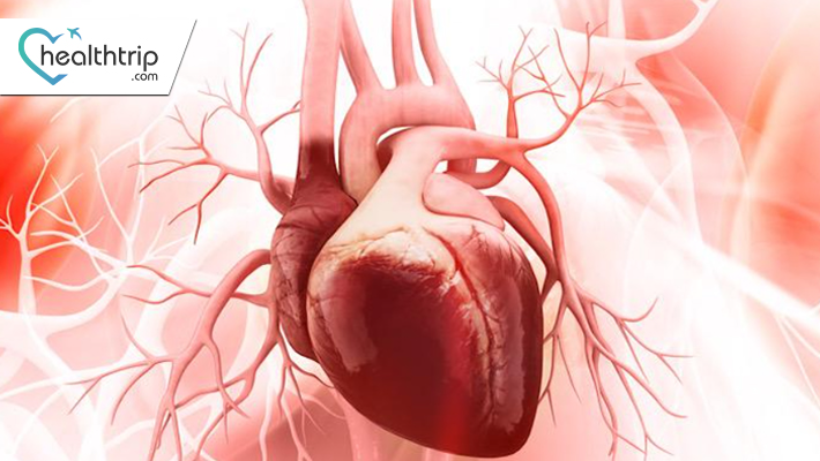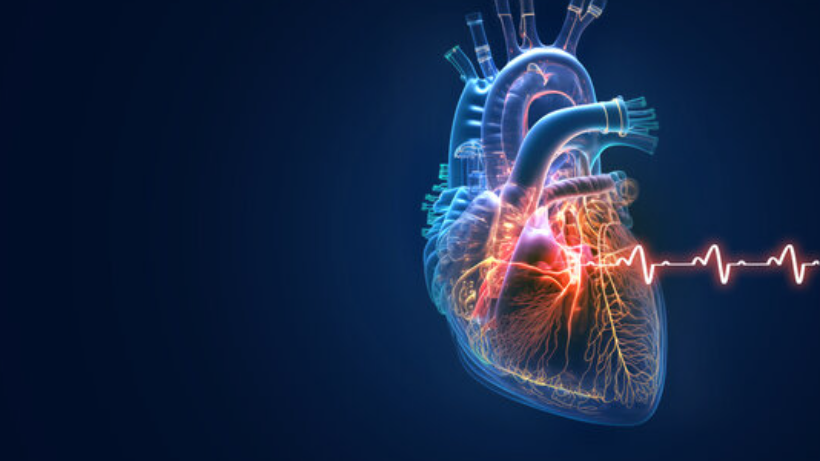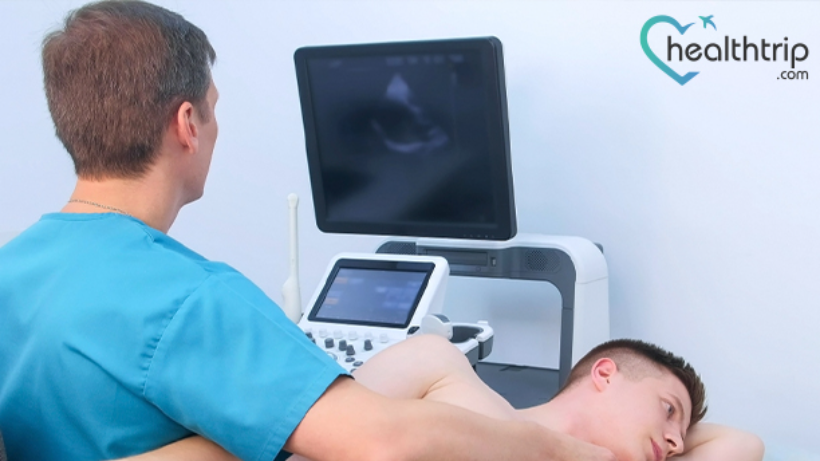
Dr. Atul Mathur
Consults at :

No. Of Surgeries

Experience
FAQs
Dr. Atul Mathur is a renowned interventional cardiologist and currently holds the positions of Executive Director and Chief of Cath Lab Interventional Cardiology Interest at Fortis Escorts Heart Institute.
Dr. Atul Mathur specializes in interventional cardiology, particularly in catheter-based procedures to diagnose and treat cardiovascular conditions.
Dr. Atul Mathur performed the first Carotid Stenting Procedure in India in 1999, a procedure aimed at preventing brain strokes. He also introduced the first Cerebral Protection Device in India in 2002 at Escorts Heart Institute in New Delhi. He has made significant contributions in the field of interventional cardiology.
Dr. Atul Mathur received his training and work experience at the prestigious All India Institute of Medical Sciences (AIIMS) in Delhi, India, as well as the University of Alabama at Birmingham in the United States.
Dr. Atul Mathur has been acknowledged for over 200 research publications by experts nationally and internationally. This signifies his active involvement in research and his contributions to the medical field.
Dr. Atul Mathur has performed numerous interventional procedures for the first time in India, which have now become established practices in the country. Specific details about these procedures can be obtained from his professional profile or by consulting with him directly.
Dr. Atul Mathur may be associated with professional societies or organizations related to cardiology and interventional cardiology. His affiliations can be found in his professional profile or by inquiring with Fortis Escorts Heart Institute.
To schedule an appointment or contact Dr. Atul Mathur, patients can reach out to Fortis Escorts Heart Institute directly. The contact information should be available on their official website or through directory services.
While Dr. Atul Mathur is primarily known for his expertise in interventional cardiology, he may also have experience and knowledge in other areas within the field of cardiology. Further details about his specialization can be obtained from his professional profile or by consulting with him directly.






